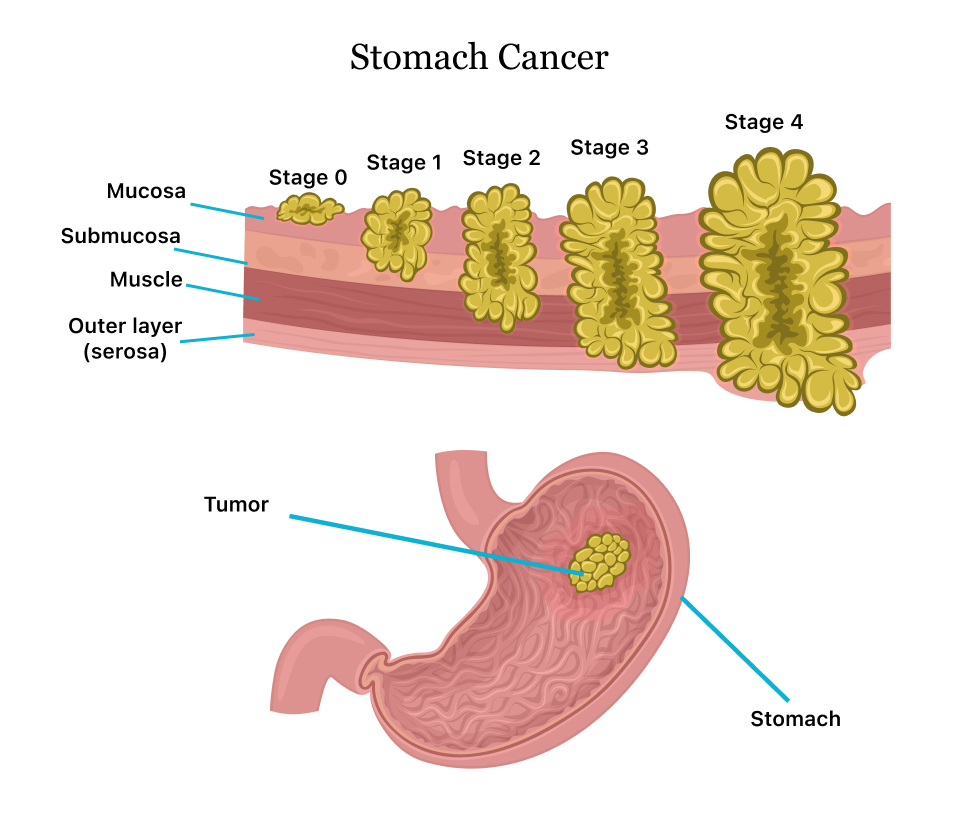Introduction:
Welcome to Gastrointestinal Cancer Hub, your go-to destination for comprehensive and insightful information about gastrointestinal (GI) cancers. From understanding the intricacies of different GI cancers to exploring treatment options and support resources, our website is dedicated to empowering individuals affected by GI cancers with knowledge, hope, and support. Whether you’re a patient, caregiver, healthcare professional, or simply seeking information, we are here to guide you through every step of your journey.

Understanding Gastrointestinal Cancers:
- Overview of GI Cancers: Provide a detailed explanation of gastrointestinal cancers, encompassing a range of malignancies affecting the digestive system, including the esophagus, stomach, intestines, liver, pancreas, and rectum.
- Types of GI Cancers: Explore the various types of GI cancers, such as esophageal cancer, gastric (stomach) cancer, colorectal cancer, liver cancer, pancreatic cancer, and anal cancer, highlighting their unique characteristics and risk factors.
- Causes and Risk Factors: Delve into the underlying causes and risk factors associated with GI cancers, including genetic predispositions, lifestyle factors (e.g., smoking, diet), chronic inflammatory conditions (e.g., inflammatory bowel disease), and infections (e.g., Helicobacter pylori for stomach cancer).
- Symptoms and Diagnosis: Detail the common signs and symptoms of GI cancers, which may vary depending on the specific type and location of the cancer, and discuss the diagnostic procedures used to detect and diagnose GI cancers, such as endoscopy, imaging tests (e.g., CT scans, MRI), and biopsy.
Treatment Options:
- Surgery: Explain the role of surgery in the treatment of GI cancers, including tumor resection, organ removal (e.g., gastrectomy for stomach cancer, colectomy for colorectal cancer), and surgical techniques for liver and pancreatic cancers.
- Chemotherapy and Targeted Therapy: Discuss the use of chemotherapy drugs and targeted therapy agents in treating GI cancers, including their mechanisms of action, potential side effects, and ongoing research efforts to improve treatment outcomes.
- Radiation Therapy: Explore the role of radiation therapy in the management of GI cancers, including its use as a primary treatment modality, adjuvant therapy following surgery, or palliative care for symptom relief.
- Immunotherapy: Highlight the emerging role of immunotherapy in the treatment of certain GI cancers, such as colorectal cancer and liver cancer, and discuss recent advancements in harnessing the immune system to target cancer cells.
Living with GI Cancer:
- Coping Strategies: Offer practical tips and strategies for coping with a GI cancer diagnosis, managing treatment-related side effects, and maintaining overall well-being during treatment and survivorship.
- Nutritional Guidance: Provide dietary recommendations and nutritional guidance tailored to individuals with GI cancers, addressing common dietary challenges and promoting optimal nutrition to support treatment and recovery.
- Support Services: Connect patients, caregivers, and families with support groups, counseling services, and other resources to help them navigate the emotional, practical, and logistical challenges of living with GI cancer.
Prevention and Early Detection:
- Risk Reduction Strategies: Offer evidence-based strategies for reducing the risk of developing GI cancers, such as adopting a healthy lifestyle (e.g., maintaining a balanced diet, exercising regularly, avoiding tobacco and excessive alcohol consumption), undergoing screening tests for early detection, and managing underlying risk factors (e.g., obesity, chronic digestive conditions).
- Screening Guidelines: Provide comprehensive information on screening guidelines and recommendations for various GI cancers, highlighting the importance of early detection in improving treatment outcomes and survival rates.
Research and Innovation:
- Clinical Trials: Inform readers about ongoing clinical trials and research studies investigating novel treatment approaches, therapeutic combinations, and precision medicine strategies for GI cancers, and provide resources for accessing clinical trial information and enrollment opportunities.
- Advances in Treatment: Highlight recent advancements in the field of GI oncology, including innovative treatment modalities, targeted therapies, molecular diagnostics, and personalized medicine approaches that are shaping the future of cancer care.
Stories of Resilience and Hope:
- Patient Testimonials: Share inspiring stories of individuals who have faced GI cancer with courage, resilience, and optimism, offering insights into their journeys, challenges, and triumphs.
- Survivorship Stories: Feature narratives from GI cancer survivors who have emerged stronger and more resilient from their cancer experience, providing hope and encouragement to others facing similar challenges.
Conclusion:
At Gastrointestinal Cancer Hub, our mission is to provide reliable, up-to-date information, support, and inspiration to individuals affected by GI cancers. We believe that by empowering individuals with knowledge, fostering a supportive community, and advocating for advancements in research and treatment, we can make a meaningful difference in the lives of those impacted by GI cancers. Together, let’s navigate the journey of GI cancer with courage, resilience, and hope.
